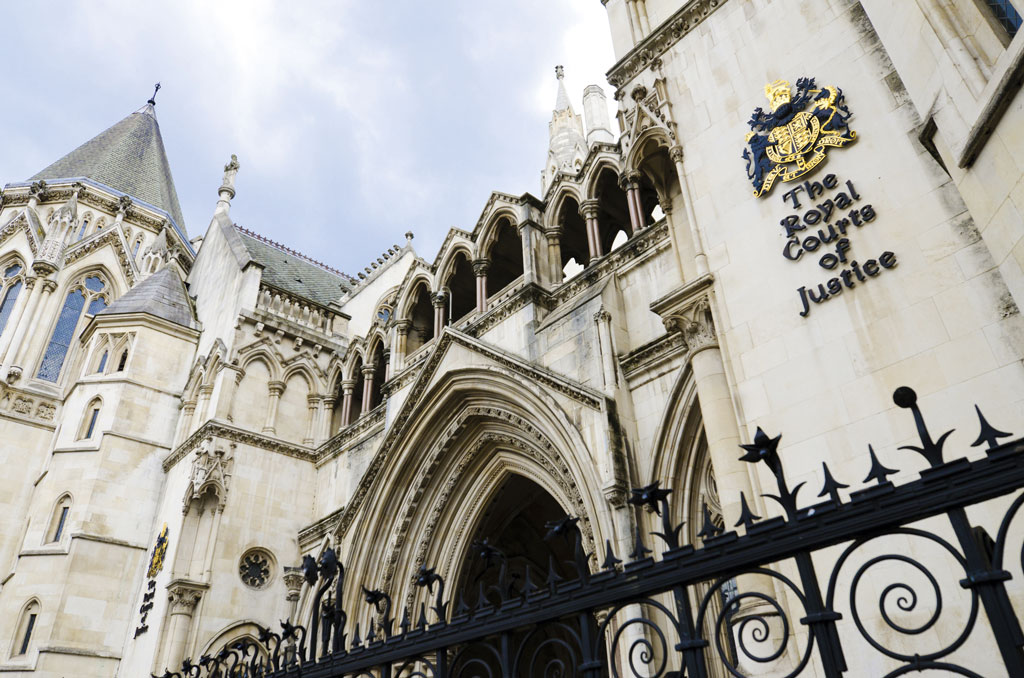
Claire Darwin identifies familiar themes running through the judicial approach to disclosure failings
- The consequences of non-compliance with the duty of disclosure.
Whether a case concerns civil, criminal, family or regulatory proceedings, disclosure failings may constitute a fatal blow to the fairness of proceedings leading to a stay or strike out or other adverse consequences.
In criminal proceedings, it is well-established that a stay for abuse of process may arise either because it is no longer possible to have a fair trial (limb one); or because it offends the court’s sense of justice and propriety to try the accused in the particular circumstances of the case (limb two), see R v Maxwell [2010] UKSC 48, [2011] 4 All ER 941, per Lord Dyson SCJ at [13]. In limb one cases, if the court concludes that an accused cannot receive a fair trial, it will stay the proceedings without more. No question of the balancing of competing interests arises.
The court’s inherent power to protect the integrity of judicial proceedings constitutes









